Want your hotel website to perform better? Read on...
We all know the importance of our brand website don't we? We all know that keeping this 'window to the world' fresh and up to date is a priority, don't we? Well if not then perhaps we need to take a step back and re-evalaute. This is the first in a series of Blogs which I hope will help you convert better on your own brand website.ContentContent is one of the few elements well and truly within your control. We can't control the OTA's or those pesky review sites but our own website should be the one thing online that we get right.Often the content is over-looked, perhaps written by someone who drew the short straw in the office or worse still, your web designer. And the gravest error of all is that once it is written and 'up there' we often tick the box of 'done' and move on to something else without ever reviewing. But this should never be the case.Your website forms the first relationship you often have with your guest so treat your content like a relationship... Keep it fresh, invest in it, give it attention and nurture it. You should review your content monthly, not only to make sure it is relevant for your guest but Google loves fresh content.TipsWhat makes you unique - Before you start list 5 key things that sets you apart and makes you different from your competitors. This list should form the basis of your content writingBe on Brand - Before you start writing one word, ask yourself 'who is my customer and how should I speak to them?' That is the subject for another blog but consider how you want to speak to your guest and the tone you wish to portray. Have a look at the Hoxton brand versus The Savoy or CitizenM versus HiltonDon't over promise - Set guest expectations right from the beginning. Nothing worse than thinking the hotel you just booked is right in the centre of things, only to get there and find out you have a train and 2 buses to catch before you hit the main dragDon't let your Design Agency run away with things - Choose 3 key colours and 1 font. Keep it simple and fresh. Too much going on can and will be distracting.Avoid the bright and shinny - Often Design Agencies can push you towards what they feel is new and innovative. New ways to navigate around your site for example; funky new wording for simple navigation such as 'relax' instead of 'rooms'. But before you get caught like a magpie chasing after these perceived bright and shinny new toys, ask yourself how your customer moves around your site... are you making things easier or actually more difficult? If you have to force someone to over-think then you are making a mistakeStay away from the fluff - there is a fine line between saying too much and saying too little. An overuse of descriptive text can be frustrating for a guest and not actually answering their question. For example: 'nestled in the heart of Eastside, our hotel is close to all the popular attractions of the city' - doesn't ' located only 5 minutes drive from The City Airport and less than 10 minutes from the city centre', make more sense and actually answer your questions question about location?Understand your word count - Google likes relevant content so make each page around 600 words and make the content relevant to the tab it sits under.Understand your page count - Not only does Google like relevant content on each page, it likes relevant pages. Think of Google trying to decipher who you are and what you do. The more you tell them, the more pages they have to rank and the higher your Google Quality Score. For example: if you have a page on Meetings, then make sure you have sub-navigaton on the type of meetings your customer might be searching for - Small Meetings / Large Meetings / Conferences / Events. Or instead of having on page on Rooms, why not split these into your different room categories - Classic Rooms / Superior Rooms / Suites. Or how about Dining? Can you segment this into different dining options tailored for your guest? Not only does this make it easier for your guest, it also helps Google rank you higher. 
 Website design must always have your customer at the centre of every decision but please don't forget about what Google needs to find and rank you. I hope the first in this series helps...(and for all things revenue, please just email ask@rightrevenue.wpengine.com)
Website design must always have your customer at the centre of every decision but please don't forget about what Google needs to find and rank you. I hope the first in this series helps...(and for all things revenue, please just email ask@rightrevenue.wpengine.com)
